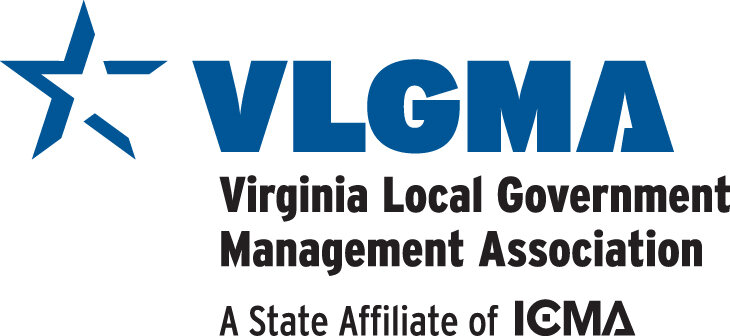The Golden Nugget May 2025
If you work in local government long enough, you eventually face a mob of people who are not happy with your or your elected officials. And they’re not afraid to tell you how they feel. Whether they are wagging their finger at you during a public meeting, or wagging their tongues about you on social media, one thing is the same—they’re most likely being uncivil about it.
I know I’ve written briefly about this before, but the vitriol we often face from the public seems to be getting worse and worse. While it’s important for people in our communities to express themselves with input and feedback on the issues that matter to them, they seem to have forgotten the importance of being civilly engaged. It’s okay to disagree, but not to be disagreeable.
The lack of civility today, or the abundance of incivility, is such a problem that people are talking about it to figure out what can be done to help us all regain our collective composure. On April 22nd, the National League of Cities, the National Civic League, ICMA, the American Public Health Association, and the American Psychological Association held a town hall meeting, broadcast on CNN, to talk about the impact of incivility on public servants, and what can be done to bring us back to civility. The discussion centered around the sharing of stories from people who have experienced aggressive or threatening behavior from others, and what can be done to rebuild trust, promote community kindness, support mental health, and foster healthy community engagement.
Before we can figure out how to improve something, we have to understand the problem. The townhall panel talked about what incivility is and reasons for its rise. The events of the past five or six years, including but not limited to the COVID-19 pandemic, have made people angry, sad and disgusted. Joy is gone, and trust is in very limited supply. People feel unheard, and they are so divided in their beliefs about what’s going on around them that they are acting out with little care as to how it affects others. According to the townhall panelists, the polarity people feel today is just as bad now as it was just before the Civil War. Social media is a culprit here—people have fewer social skills and fewer chances to practice civility when they are behind a computer or on their phone.
In local government, the mental health impacts from negative interactions between public servants and the people they serve are affecting morale, productivity, and willingness to be involved in local government. Survey research from the Princeton University Bridging Divides Initiative shows there is significantly reduced willingness to serve in local government.
So how do we right this ship? What can be done to rebuild trust, promote community kindness, support mental health, and foster healthy community engagement? Here are a few takeaways from the townhall panel discussion.
As leaders, we need to:
• Emulate the behavior we expect in others – we need to be consistently calm in response to incivility.
• Create a positive message and be consistent with conveying that message on all platforms (social media, websites, etc.).
• Combat misinformation on social media by providing sources for real and correct information. Dedicate resources to have someone available whose job is just to put the truth out there.
• Create opportunities for building relationships in our communities by creating spaces where people feel their voices are heard – meet people where they are in the community, whether it is at civic group meetings, church meetings, sports events, etc. Let them know we are listening.
• Set expectations for civil discourse in any gathering. Trust is eroded when incivility is allowed in our discourse.
• Invite people into governance – help them understand why things are done the way they are.
• Be unafraid to push back when necessary—we can be civil while emphasizing the truth.
• Provide training for our staff to better handle the incivility they may encounter when interacting with the community and create a safe space for the discussions that need to take place when things don’t go well.
ICMA has a website dedicated to tools for civility. The National Civic League’s Center for Democracy Innovation has information for setting up meetings that promote discussion and effective citizen engagement.
Persistence, consistency and courage are the words of the day. We need to be courageous and honest about how and why incivility is in our community, and be persistent and consistent in creating opportunities to build relationships and improve trust between us and the people we serve. This innovation allows us to adapt and overcome, and as a result, be more resilient as we continue to navigate the challenges we face in local government.
Speaking of resilience, adaptation and innovation, the VLGMA 2025 Summer Conference is just around the corner. Borrowing from the conference website, this year’s theme, “Cast Away – Out at Sea” is inspired by the iconic film Cast Away and is designed to explore the challenges and triumphs we face as local government professionals, much like Tom Hanks' character, Chuck Noland, in his struggle for survival and growth while stranded on a remote island. In the spirit of Cast Away, the summer conference will focus on resilience, adaptation, and innovation—qualities essential to successful local government management in today’s ever-evolving landscape. From navigating the unforeseen to charting new courses, the conference sessions will help you develop the skills and mindset to thrive in challenging environments and make a lasting impact in your communities. Registration is open – get signed up, bring your families and join us at the beach to learn new ideas, network with friends and colleagues, and enjoy some down-time at the beach.
Until next time,
Debbie
